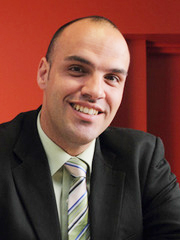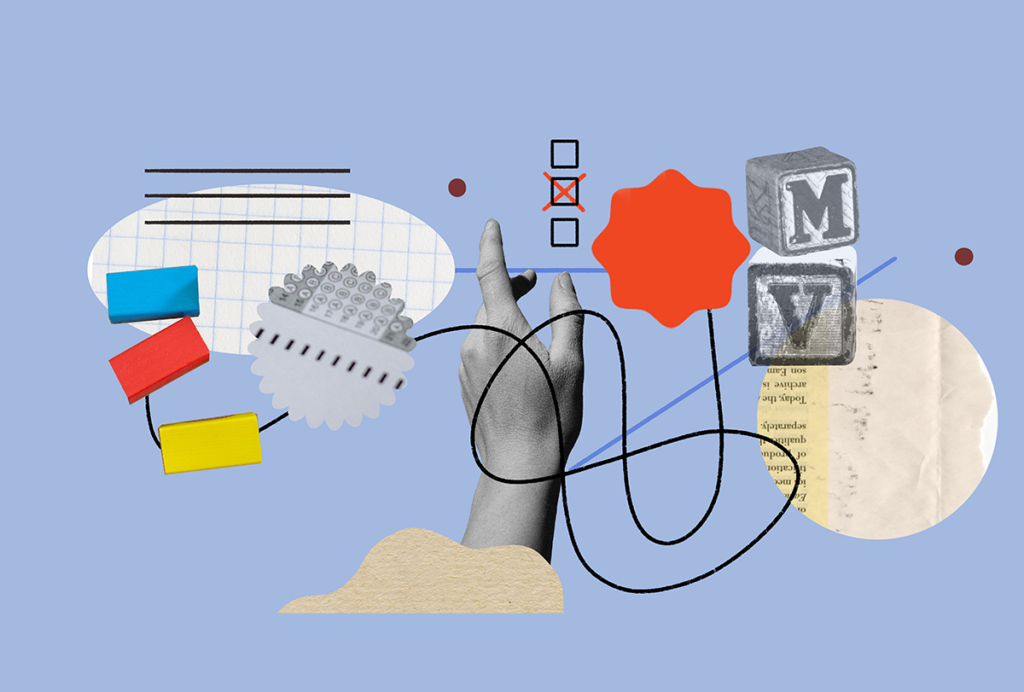Professor Adam Guastella is the Michael Crouch Chair in Child and Youth Mental Health. His position is based at both Sydney Children’s Hospital at Westmead and the Brain and Mind Centre, University of Sydney. His work aims to build collaborative partnerships between researchers, clinicians, and services to ensure that children and families receive the best available assessments and treatments to support well-being. As part of this role, he is the co-lead of the Child-Neurodevelopment and Mental Health Team for the University of Sydney. This team aims to solve complex problems for children with neurodevelopmental disorders and their families with a team of multi-disciplinary professors across the university. He is also the co-lead for the child bio-informatics hub for the University of Sydney, applying technology application to support well-being and research with families.

Adam Guastella
Professor
Brain and Mind Centre; Children’s Hospital Westmead Clinical School
From this contributor
To accelerate the study of neurodevelopment, we need a transdiagnostic framework
Our tendency to focus on one condition at a time likely silos expertise and services—and obscures critical connections across diagnostic categories.

To accelerate the study of neurodevelopment, we need a transdiagnostic framework
Explore more from The Transmitter
Two neurobiologists win 2026 Brain Prize for discovering mechanics of touch
Research by Patrik Ernfors and David Ginty has delineated the diverse cell types of the somatosensory system and revealed how they detect and discriminate among different types of tactile information.

Two neurobiologists win 2026 Brain Prize for discovering mechanics of touch
Research by Patrik Ernfors and David Ginty has delineated the diverse cell types of the somatosensory system and revealed how they detect and discriminate among different types of tactile information.
Shifting neural code powers speech comprehension
Dynamic coding helps explain how the brain processes multiple features of speech—from the smallest units of sounds to full sentences—simultaneously.

Shifting neural code powers speech comprehension
Dynamic coding helps explain how the brain processes multiple features of speech—from the smallest units of sounds to full sentences—simultaneously.
Astrocytes orchestrate oxytocin’s social effects in mice
The cells amplify oxytocin—and may be responsible for sex differences in social behavior, two preprints find.

Astrocytes orchestrate oxytocin’s social effects in mice
The cells amplify oxytocin—and may be responsible for sex differences in social behavior, two preprints find.